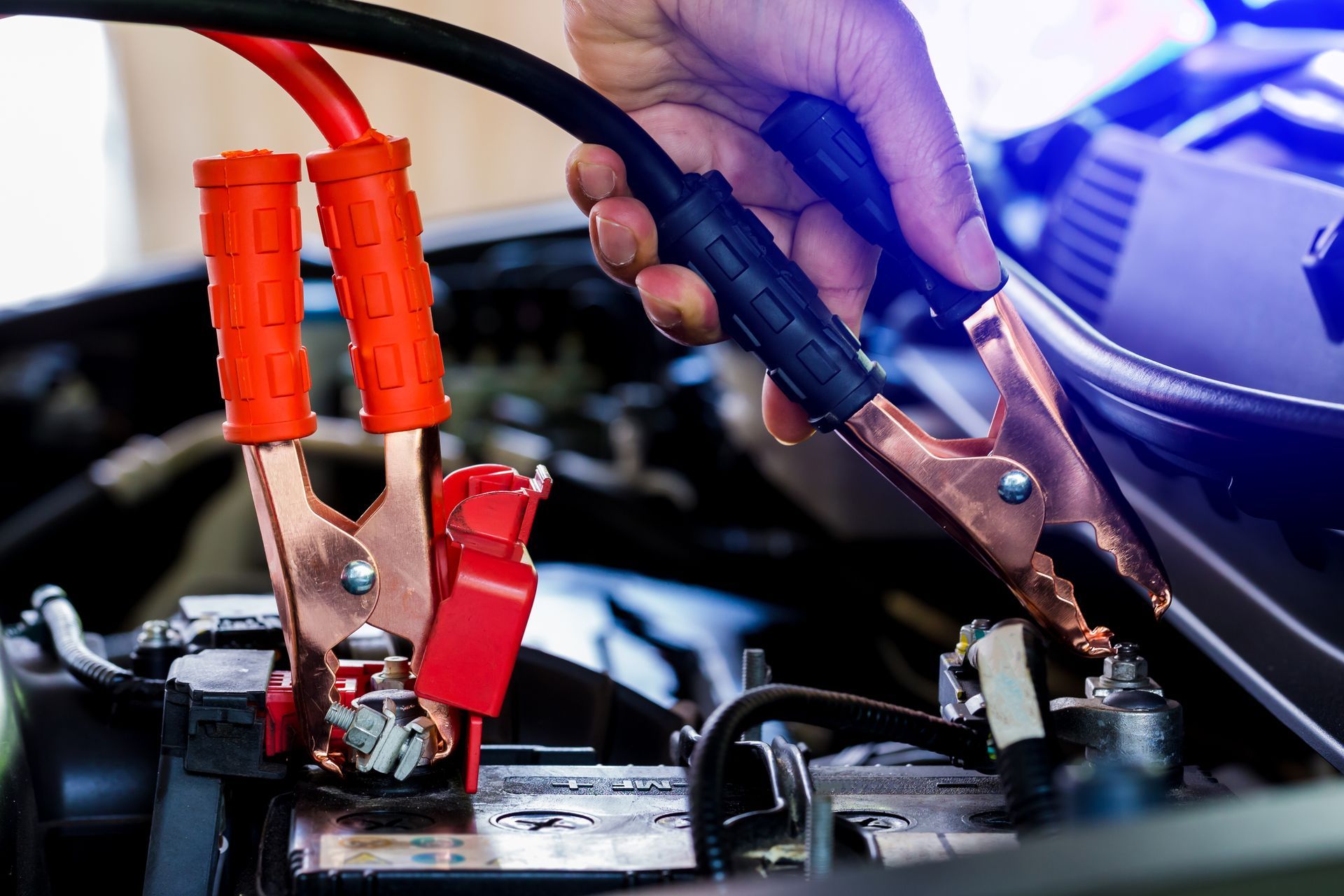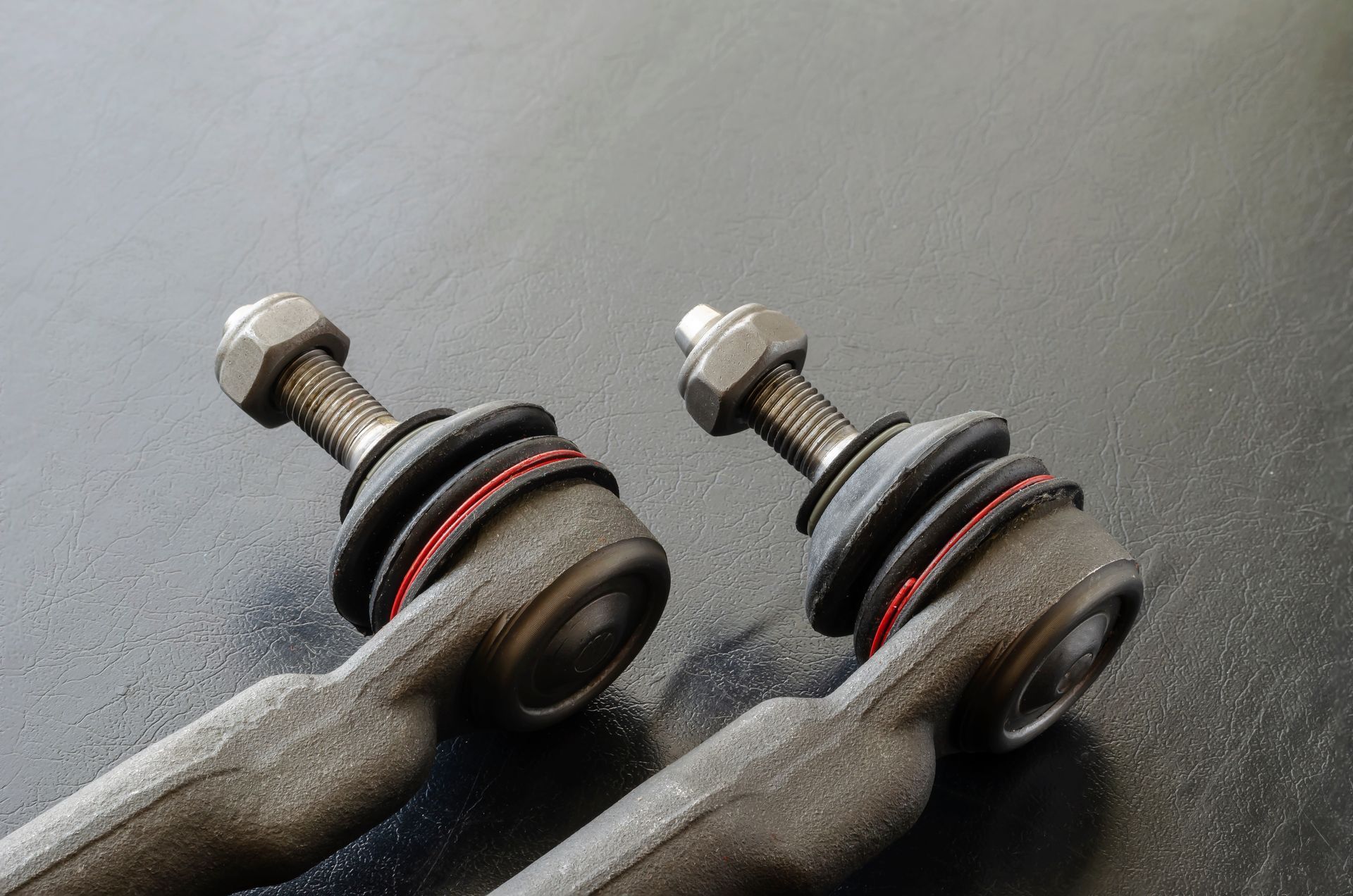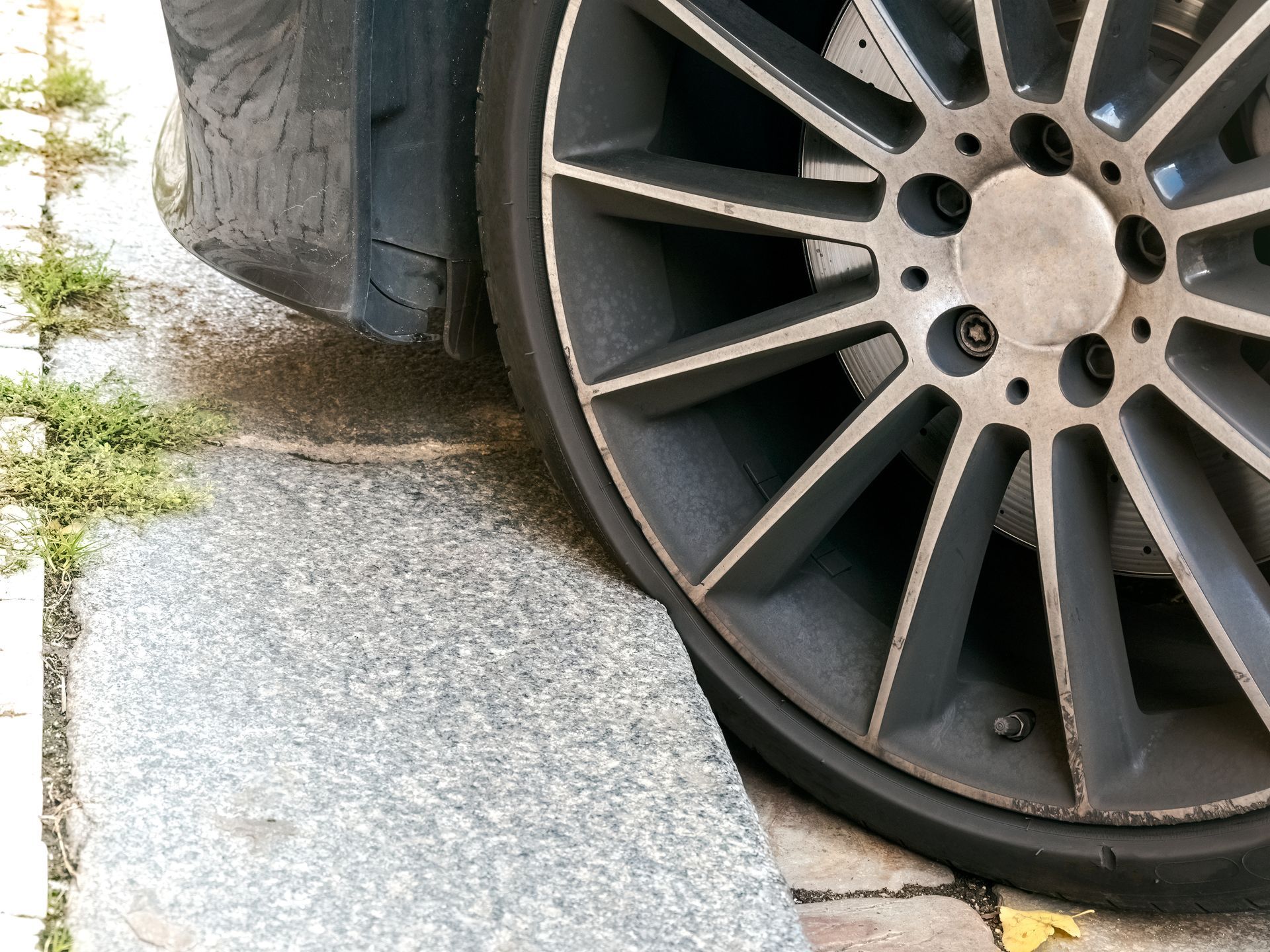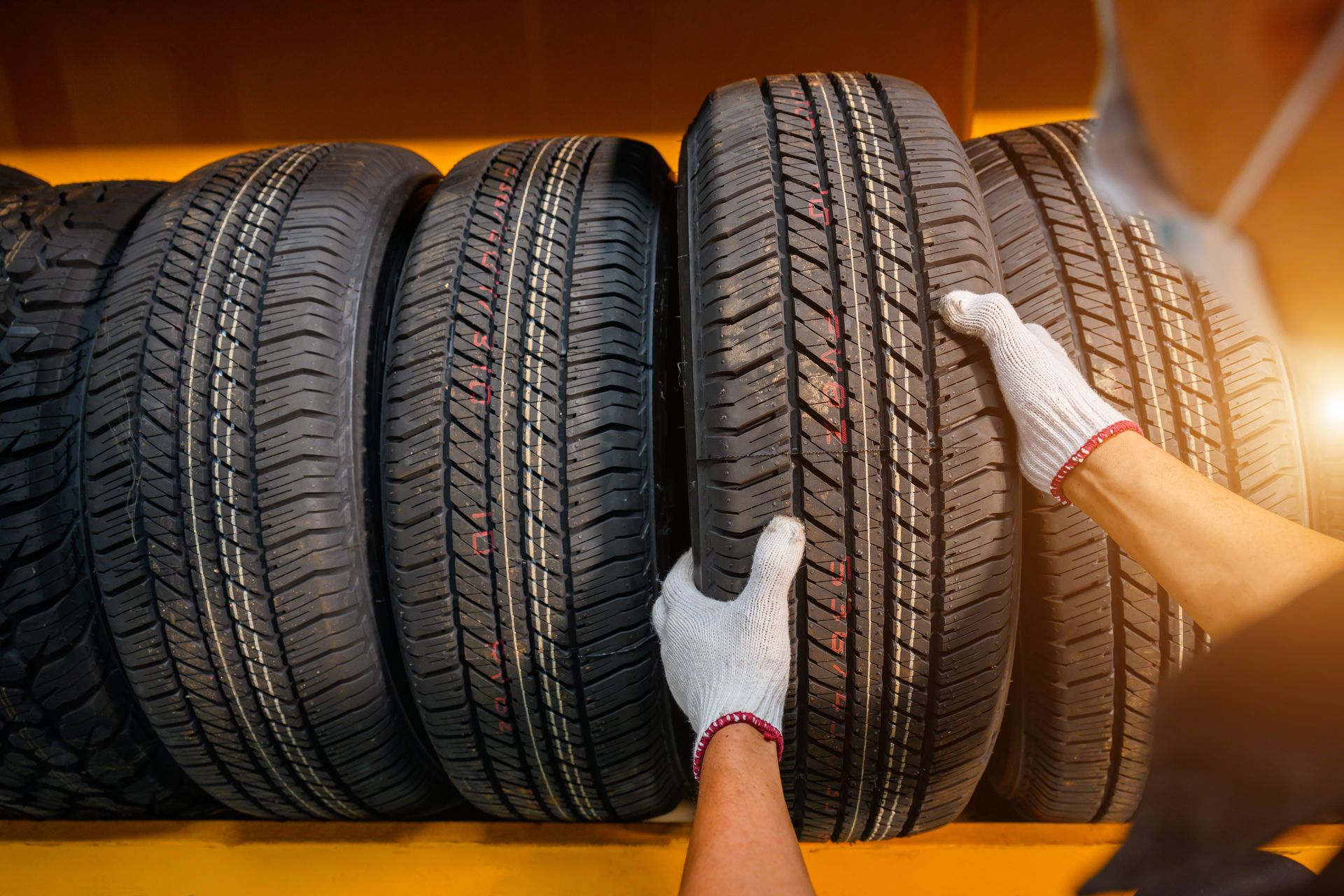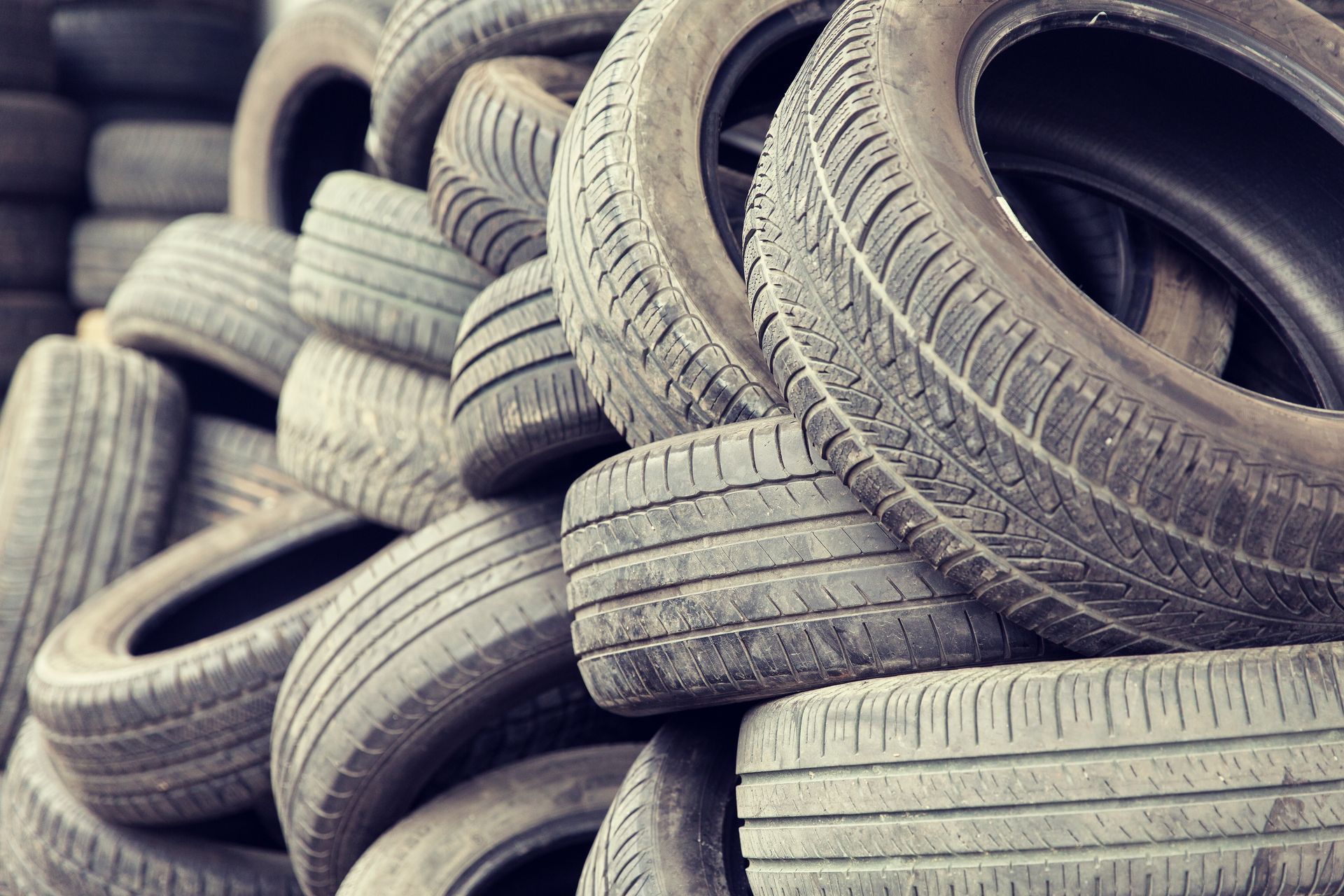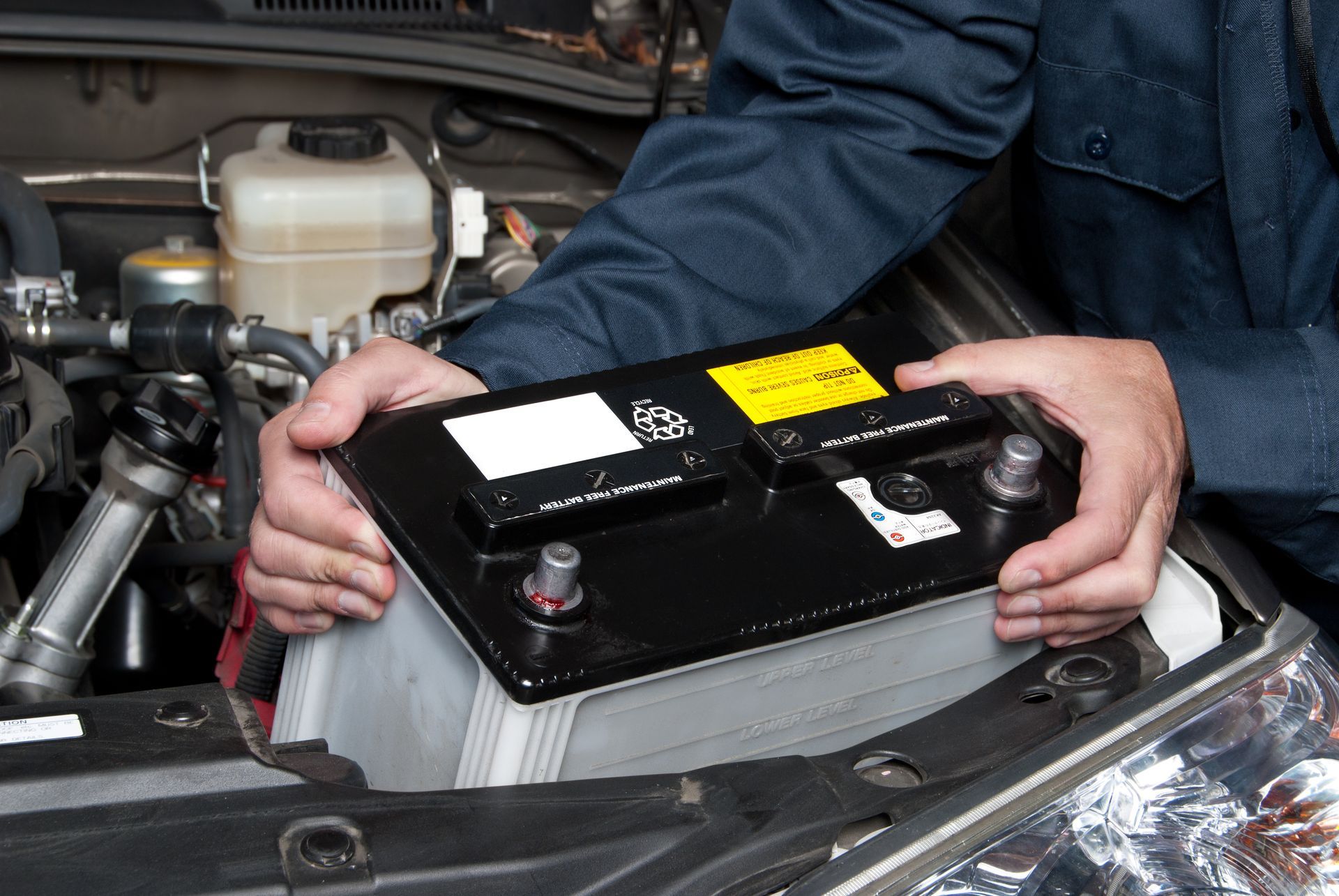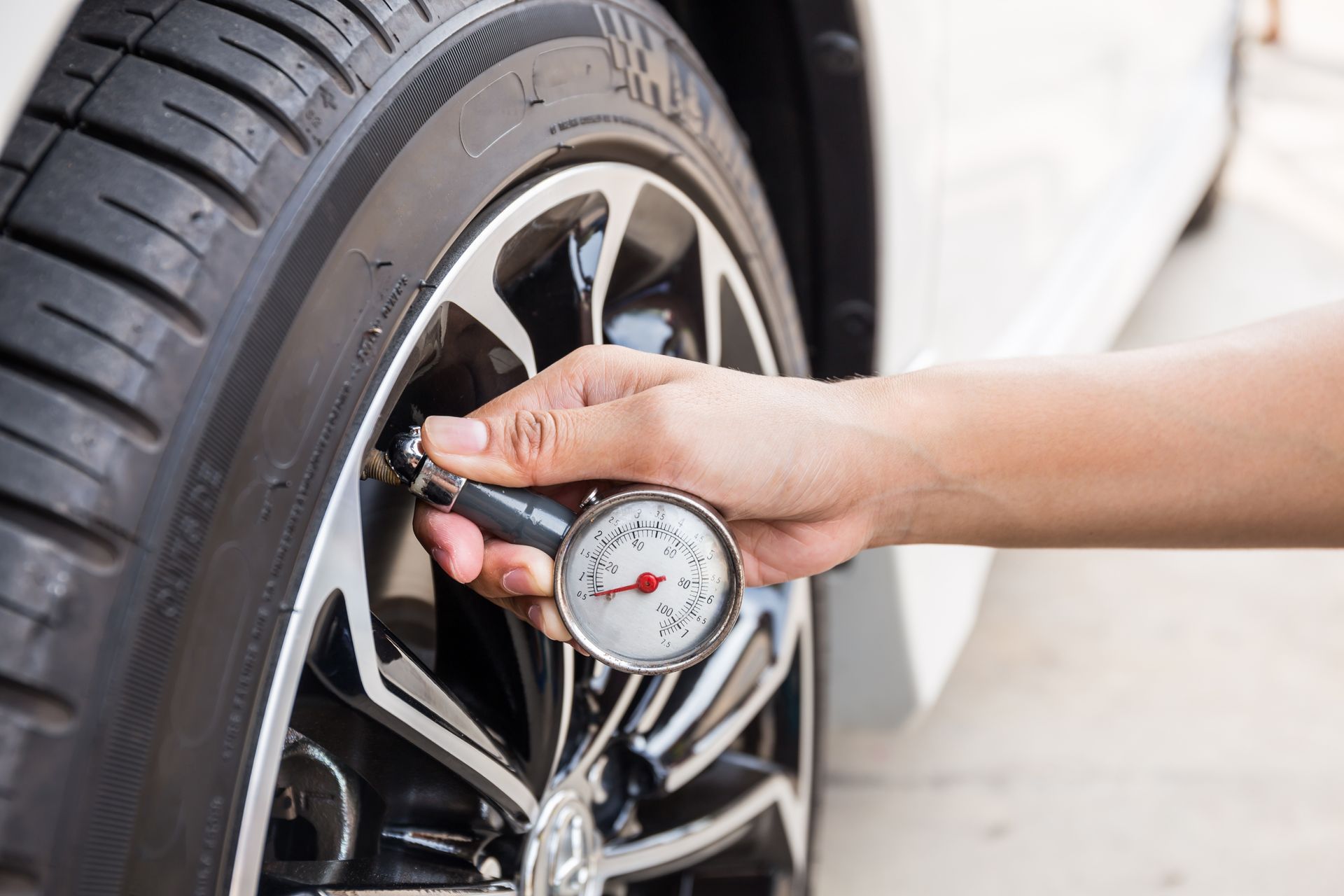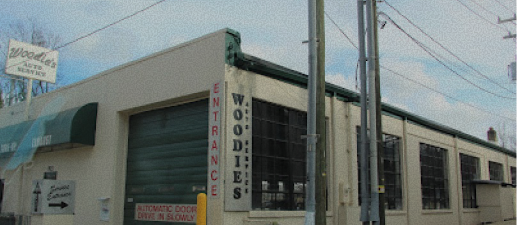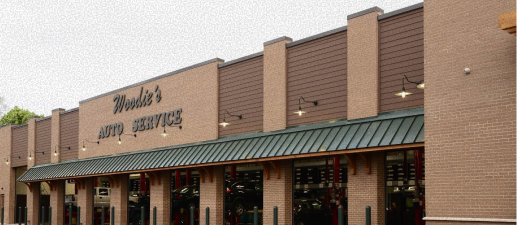EGR Valve Replacement 101
December 4, 2023
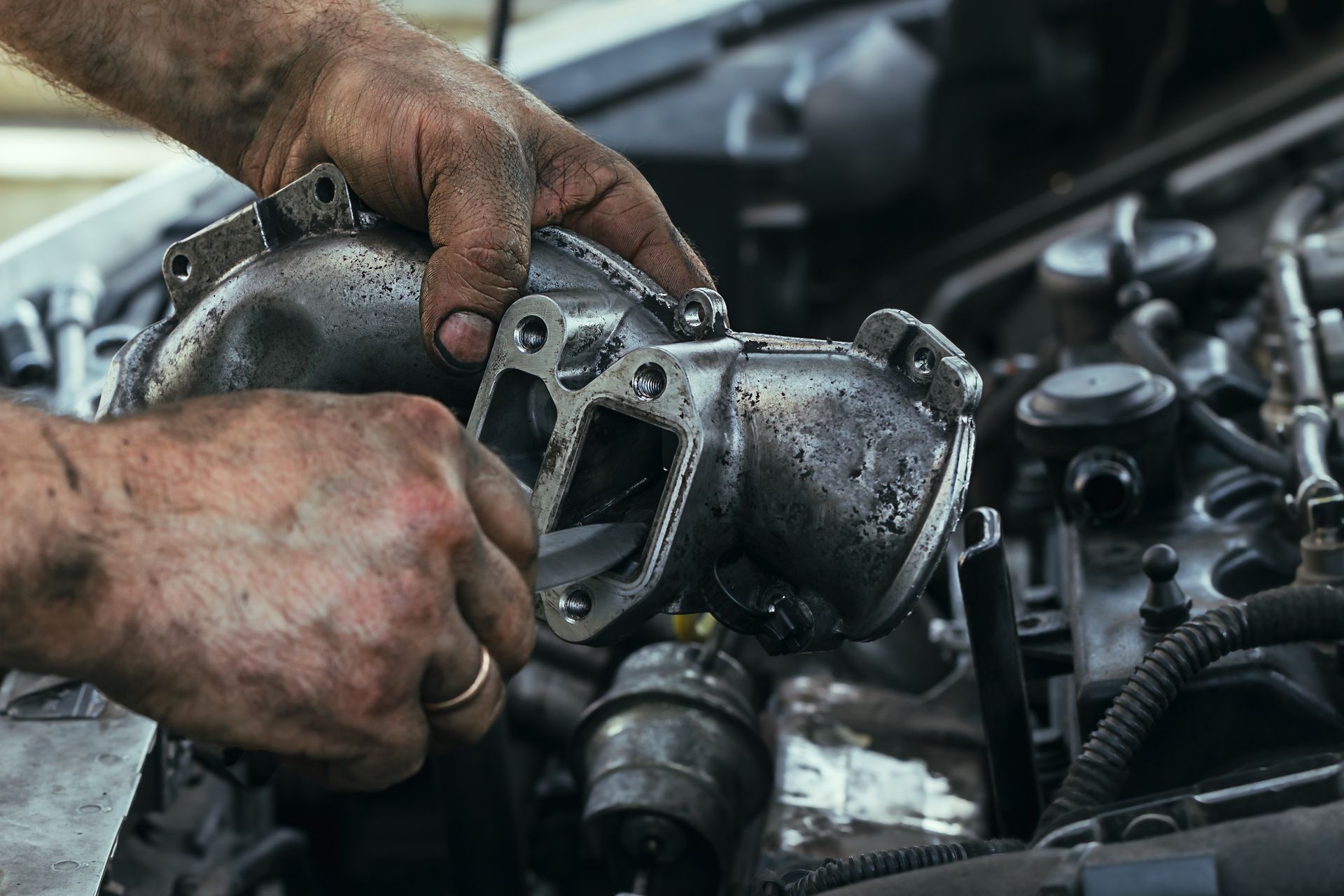
Your vehicle's engine is a complex and finely tuned machine, and one crucial component that affects its performance is the Exhaust Gas Recirculation (EGR) valve. The EGR valve is responsible for recirculating a portion of exhaust gasses back into the engine's intake manifold. This process helps reduce nitrogen oxide (NOx) emissions, regulate combustion temperatures, and improve fuel efficiency. Over time, EGR valves can face several issues that require repairs.
Carbon Buildup
Carbon deposits can accumulate on the valve, causing it to stick or not function properly.
Faulty Valve Operation
EGR valves can become stuck in the open or closed position, affecting engine performance.
Reduced Fuel Efficiency
Malfunctioning EGR valves can lead to decreased fuel economy.
Increased Emissions
A faulty EGR valve can cause your vehicle to emit higher levels of pollutants.
The EGR Valve Replacement Process
EGR valve replacement typically involves the following steps:
- Valve Removal: If replacement is necessary, the old EGR valve is carefully removed from the engine.
- New Valve Installation: A brand-new EGR valve is installed to ensure optimal performance.
- System Testing: The newly replaced EGR valve is tested to ensure it's functioning correctly.
Benefits of EGR Valve Replacement
Investing in EGR valve replacement offers several benefits:
- Improved Fuel Efficiency: A properly functioning EGR valve can enhance fuel economy, saving you money at the pump.
- Lower Emissions: Reduced NOx emissions contribute to a cleaner environment.
- Enhanced Engine Performance: Replacing a faulty EGR valve can improve engine responsiveness and power.
When it comes to EGR valve replacement, rely on the experienced auto repair specialists at Woodie's Auto Service and Repair Centers. Don't compromise on performance or emissions – schedule an EGR valve inspection today to keep your vehicle running efficiently.
